- Home
- About Us
- Contact Us
- Site Map
- Affiliate Disclosure
- Privacy Policy
- Terms And Conditions
- Best Drone For Beginners 2021 : Top Beginner Drones
- Best Drones 2022 For Beginners : Top Beginner Drone
- Best Drones For Under 100 Dollars That Are Top Easy To Fly
- Best Cheap Drone For Photography : Camera Drones Budget
- What Is The Best Drone For 2022 And How Fast They Go
- Best Drone In The World To Use For Your First Time
- Best Drones 2022 With Camera : Which One Is The Best Drone
- Mavic Drone : The Most Marvelous Epic Controlled Flight System
- Drone Pilot License : The Best Way To Show Off Your Flight Skill
- Sky Rider Drone: Wi-fi Quadcopter With Foldable Black Camera
- Drone For Kids : The Best Toy To Focus On STEM Technology
- Propel Drone HD Camera Quadcopter And Star Wars
- Mini Drone With Camera : What Is The Best One And Why It Is Good
- Drones Dji : The Most Popular Consumer Drone On The Market Today
- Long Range Drone : How Far Can It Go And At What Rate Of Speed
- Micro Drone : The Smallest Toy With The Biggest Flight Fun
- Flying Spinner Mini Drone : The Best Flying Machine For Home Use
- Drones That Follow You : Is This An Invasion of Privacy or Not ?
- Drone Vivitar : A Magnificent Piece Of Equipment To Learn To Fly
- Drone Repair Near Me : Where Can I Find Reliable Parts And Stuff
- Drone Photography Near Me That Can Capture The Scenic View
- Drone Quadcopter : The Best Aerial Fly Machine That You Can Own
- Drone Light Show : A Spectacular Array Of Lights, Camera, Action
- Drone Holy Stone : The Most Quality Flying Device Anyone Can Use
- Sky Quad Drone Reviews Is It A Scam Or Legit Revealed
- Drone Fishing : When A Man Has A Rod, Boat, And Nothing But Time
- Faa Drone Registration : Feel Free To Fly But Follow The Rules
- Remote Control Drone : RC Drones With Fpv Controllers
- Hand Controlled Drone : Guiding Your Flight At Your Finger Tips
- Best Video Drones For Beginners | Features A Beginner Drone
- The Best Drone To Buy : Drones 2023 For Beginners
- Dgi Drone
- Best Drone For Night Photography
- Best Drone For The Money
- Best Drone For Teenager
- Best Drone For Under 200
- Best Drone For Under 500
- Best Drone For Video
- Best Drone In The Market
- Best Drone Under 1000
- Best Drones For Travel
- Bird Drone
- Black Hornet Drone
- Deerc Drone
- DJI Drones For Sale
- Best Beginner Drone With Camera : Are You New To Flying
- Best Beginner Drone For Me And How Much Will It Cost
- Battery For A Drone : Benefits, Advantages, And Features
- Best Camera Drone For Professional And Entertainment Purposes
- Best Cheap Drone In The Market That Will Not Cost An Arm and Leg
- Dji Fpv Drone
- Dji Mavic 3 Drone
- Drone Dj
- Best Drone Camera For First Time Users And Experienced Users
- What Are The Best Drones For Video Drone Camera
Potensic ATOM 3-Axis Gimbal 4K GPS Drone, Under 249g, 96 Mins Flight, Max 6KM Transmission
Drone Pilot Jobs : Science, Technology, Math, And Engineering Re-defined
Drone pilot jobs refer to positions where individuals operate unmanned aerial vehicles (UAVs) or drones for various purposes. As drones become increasingly popular and versatile, the demand for skilled drone pilots has been growing across several industries. Here are some details about drone pilot jobs:
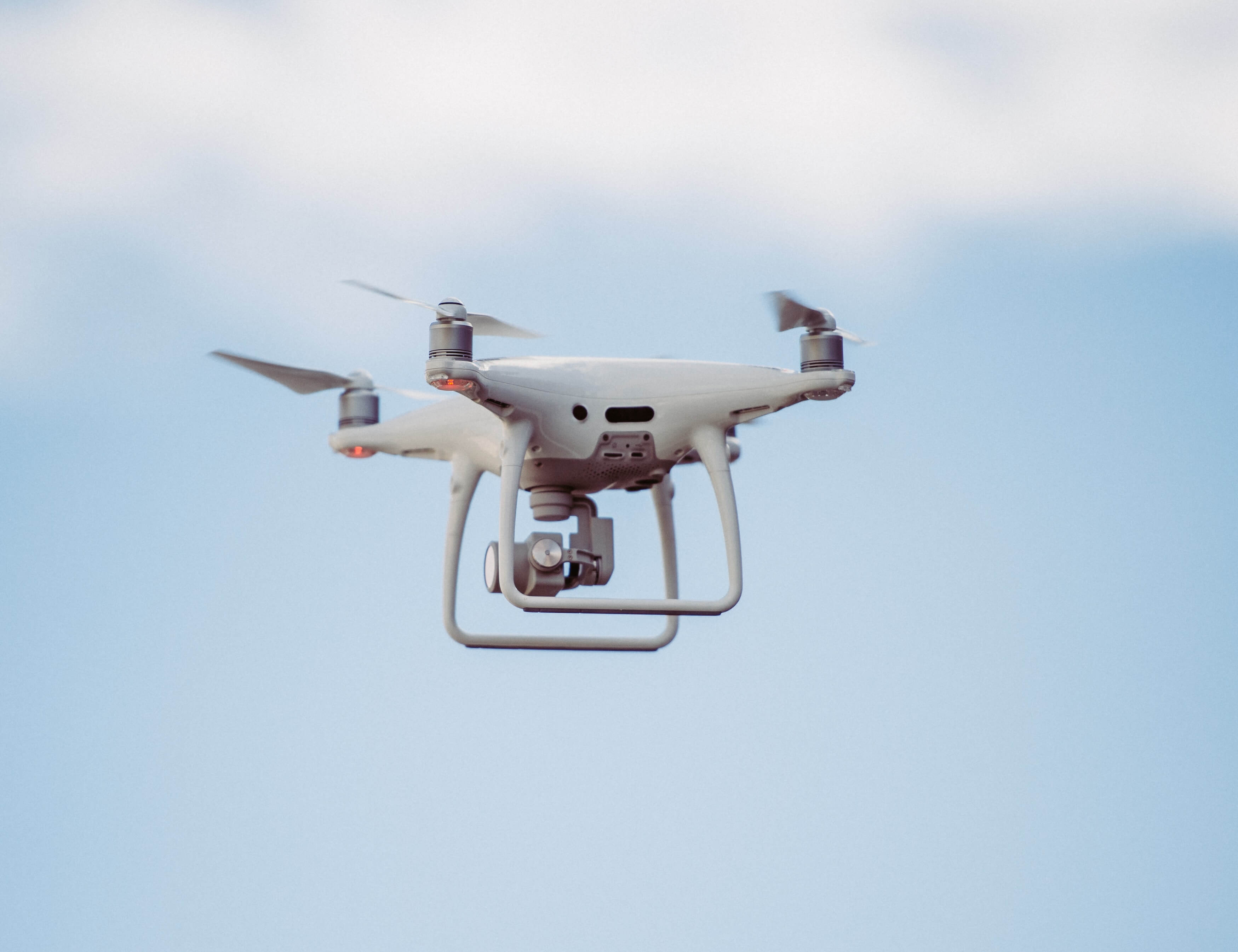
1. Aerial Photography/Videography: Drone pilots can work in the field of aerial photography and videography. They capture high-quality images and videos from unique vantage points, such as landscapes, real estate properties, events, and film productions. Drone pilots with creative skills and an eye for capturing compelling shots can excel in this field.
2. Surveying and Mapping: Drone pilots can assist in land surveying and mapping projects. Drones equipped with high-resolution cameras or LiDAR sensors can quickly gather data and create accurate 3D models or topographic maps. Industries such as construction, urban planning, agriculture, and environmental monitoring often require drone pilots for this purpose.
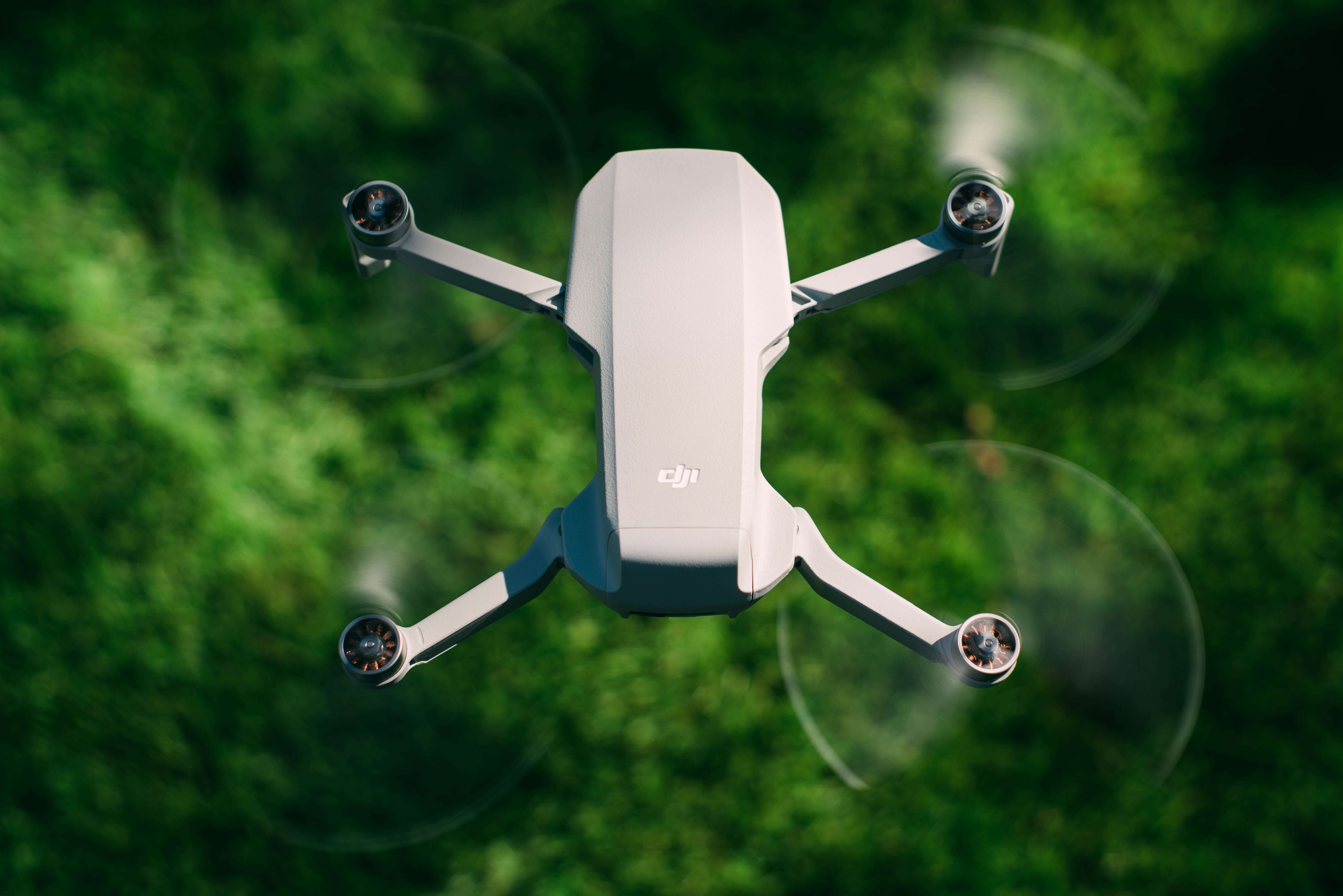
3. Inspection and Monitoring: Drones are used for inspecting infrastructure, including buildings, bridges, power lines, pipelines, and wind turbines. Drone pilots can operate drones to capture visual data and identify potential issues or areas of concern. This helps in preventive maintenance, reducing costs, and improving safety.
4. Search and Rescue: In emergency situations, drones can be used for search and rescue operations. Drone pilots can fly drones equipped with thermal cameras or other specialized sensors to locate missing persons, assess disaster-affected areas, or support emergency response teams with real-time aerial footage.
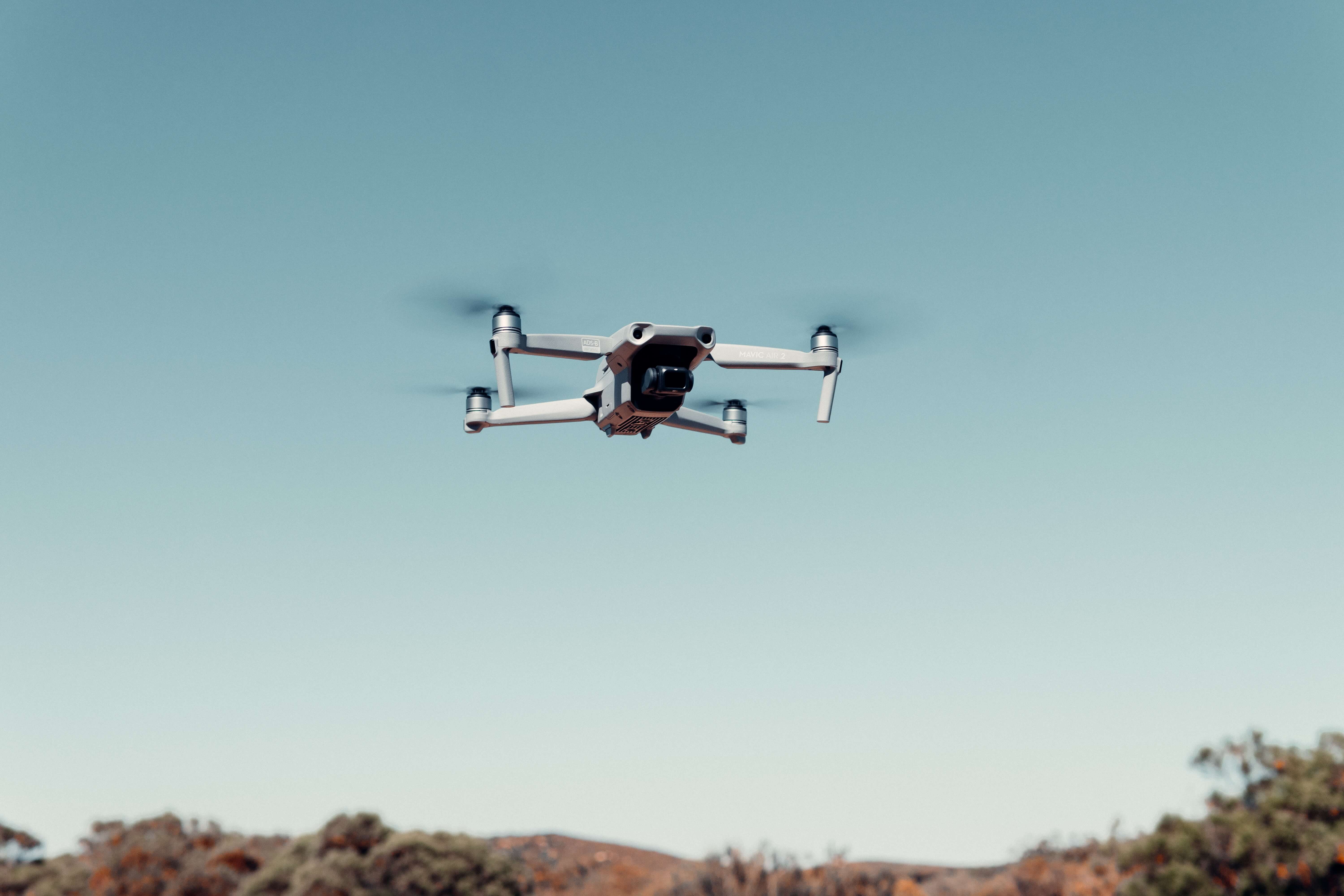
5. Agriculture: Drone pilots can work in the agriculture industry, where drones are used for crop monitoring, irrigation analysis, and precision spraying. By capturing data about plant health, growth patterns, and soil conditions, drones help farmers optimize their operations and increase yields.
6. Drone Delivery: With the rise of e-commerce, companies are exploring the use of drones for delivery services. Drone pilots may be involved in delivering packages, medical supplies, or other goods using automated flight systems and adhering to safety regulations.
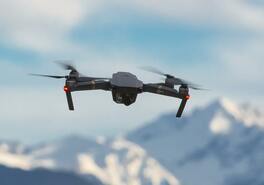
7. Education and Training: Drone pilot jobs also exist in the education sector, where professionals teach aspiring drone pilots about regulations, flight operations, and drone technology. They may work in training centers, flight schools, or as freelance instructors.
To pursue a career as a drone pilot, it is essential to obtain the necessary certifications and licenses required by regulatory authorities, such as the Federal Aviation Administration (FAA) in the United States. Additionally, having a strong understanding of aviation regulations, technical knowledge of drones, and excellent piloting skills are crucial for success in this field.
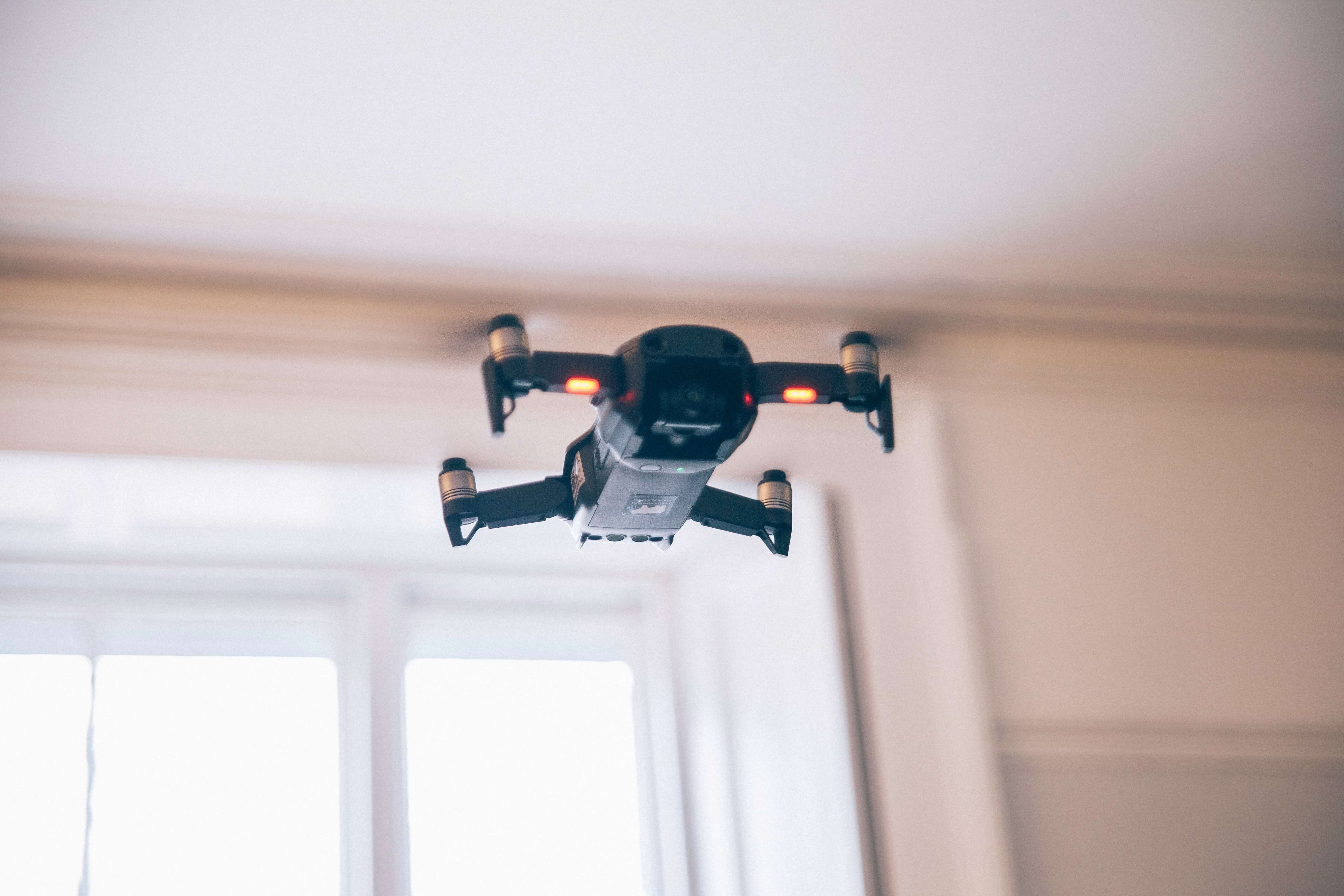
Please note that the availability of drone pilot jobs and specific requirements may vary depending on your location and the industry you wish to work in. It's always a good idea to research local regulations and industry trends to stay up-to-date with the latest requirements and opportunities in your area.
Drone Pilot Jobs : How Much Do Drone Pilots Make ?
The salary of drone pilots can vary depending on several factors, including experience, qualifications, location, industry, and the specific job responsibilities. Drone pilot jobs ? Here are some details about the potential earnings of drone pilots:
1. Entry-Level Positions: Entry-level drone pilots typically earn an average annual salary between $30,000 and $50,000. These positions often require a Part 107 Remote Pilot Certificate (in the United States) or an equivalent certification in other countries. Drone pilot jobs ? Entry-level pilots usually work under supervision and may gain experience in various industries before specializing in a particular field.
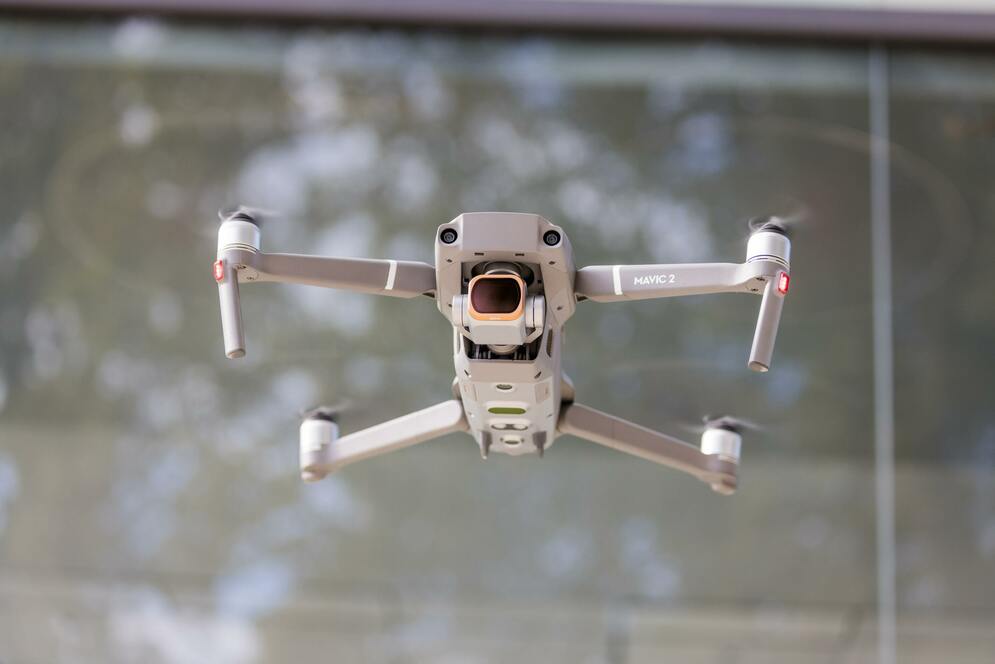
2. Experienced Pilots: As drone pilots gain more experience and expertise, their earning potential increases. Experienced pilots who have built a strong portfolio and reputation in their respective industries can earn an average annual salary between $50,000 and $80,000. Drone pilot jobs ? These pilots often have extensive knowledge of specific applications, advanced flying skills, and may hold additional certifications or licenses.
3. Specialized Industries: Drone pilots working in specialized industries like aerial photography, cinematography, or industrial inspections can earn higher salaries. Drone pilot jobs ? Experienced pilots with advanced skills and a strong client base can earn six-figure salaries. However, it's important to note that achieving such high salaries often requires a combination of technical expertise, entrepreneurial skills, and a strong professional network.
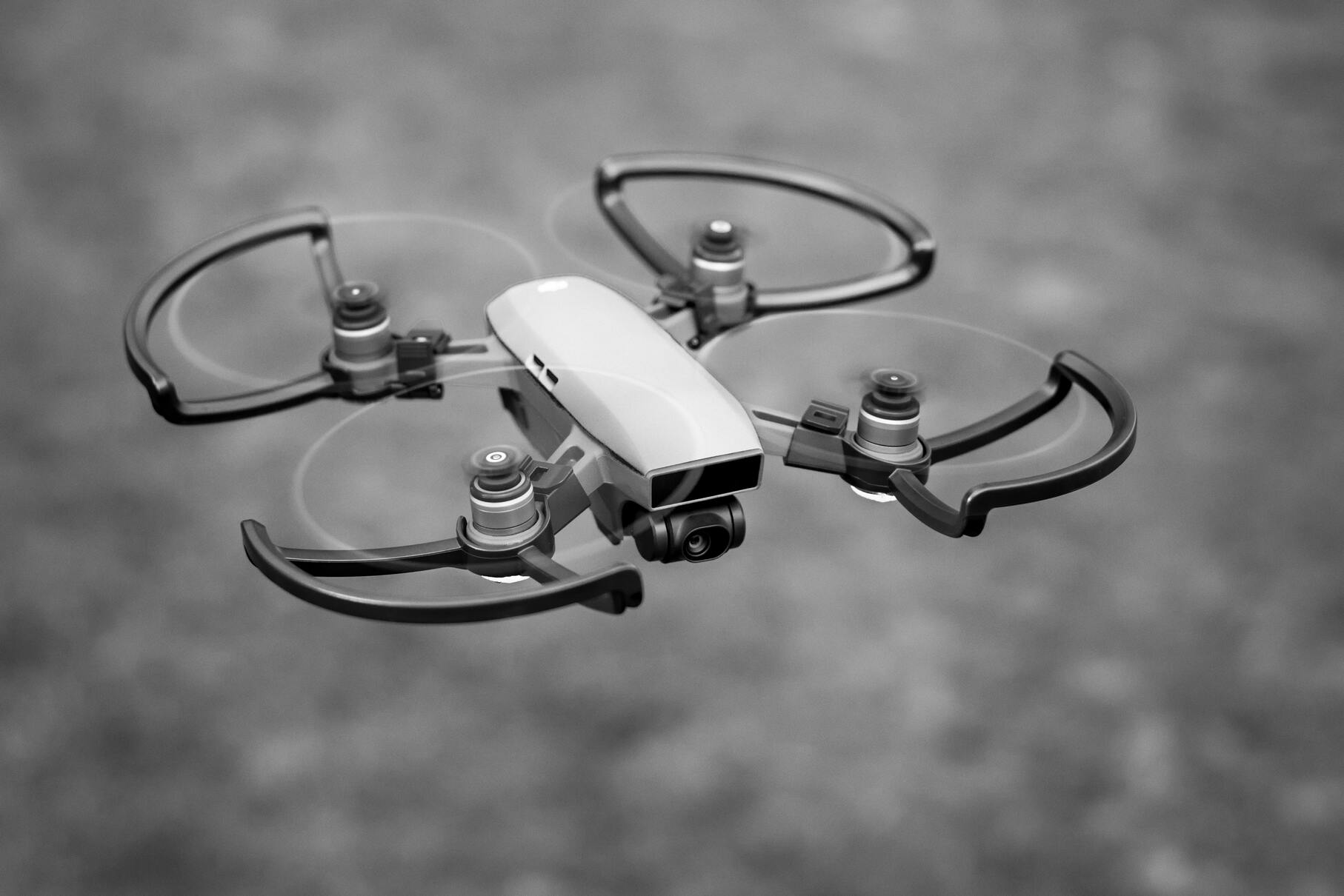
4. Freelancing and Entrepreneurship: Some drone pilots choose to work as freelancers or start their own drone service businesses. In these cases, the income can vary significantly depending on the number of clients, project types, and the ability to market their services effectively. Drone pilot jobs ? Freelance drone pilots have the potential to earn higher incomes, but they also bear the responsibility of managing their own business expenses and acquiring clients.
It's worth mentioning that the rates and salaries mentioned here are general estimates and can vary based on regional differences, economic factors, and the demand for drone services in a particular area. Drone pilot jobs ? Additionally, the drone industry is still evolving, and new opportunities may emerge that can influence earning potential.
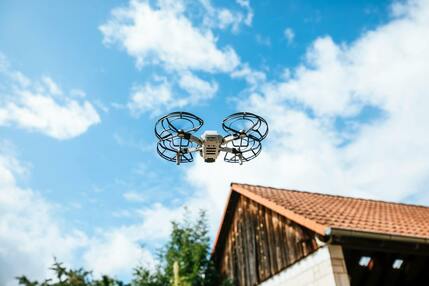
Furthermore, drone pilots who hold advanced certifications, such as the FAA's Remote Pilot Certificate with a sUAS (small unmanned aircraft systems) rating or commercial pilot licenses, may have a competitive advantage and potentially command higher salaries due to their additional qualifications.
Drone pilot jobs ? To get a more accurate understanding of earning potential in a specific location or industry, it's recommended to research local job listings, industry reports, and consult with professionals already working in the field.
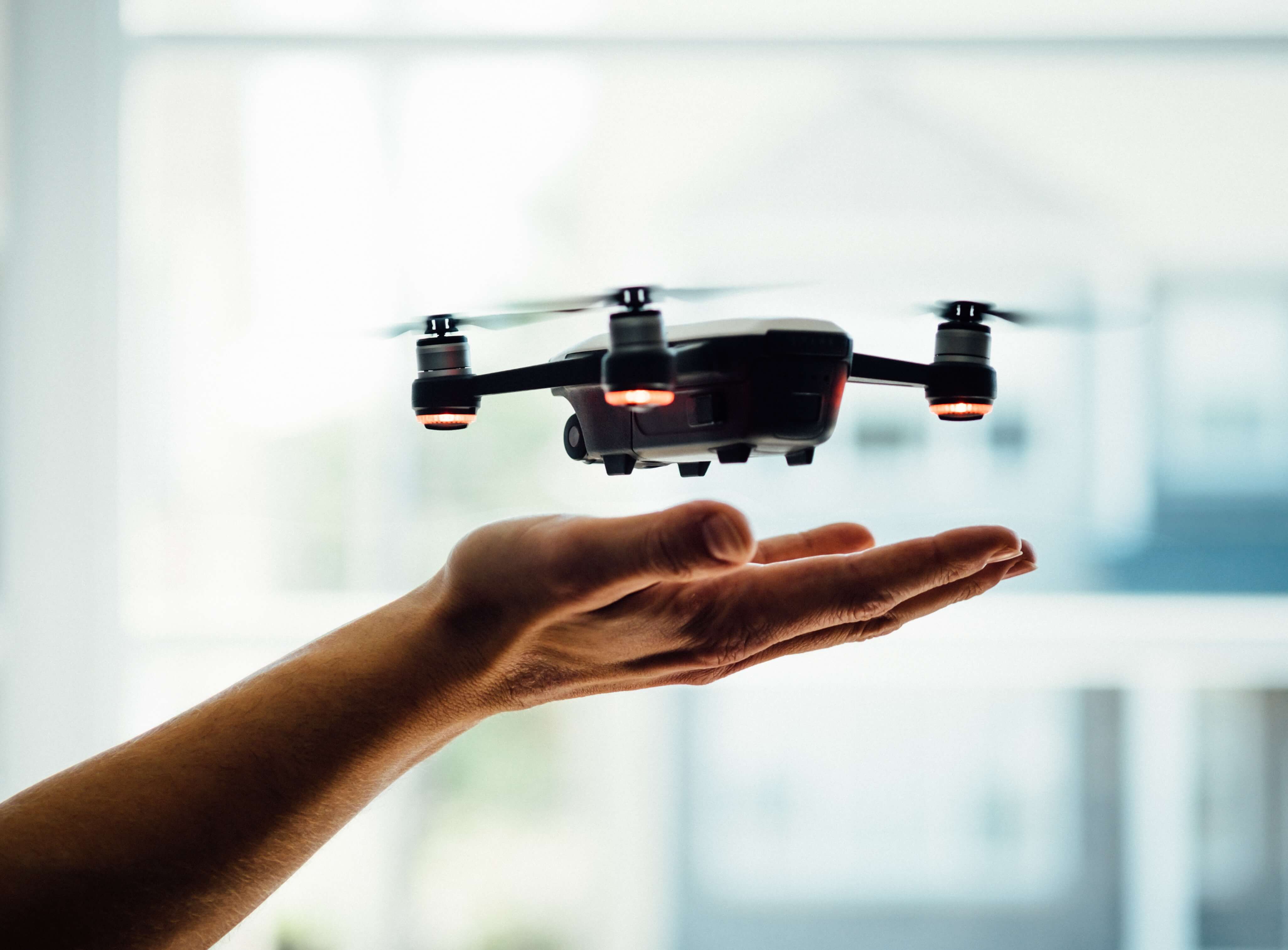
Are Drone Pilots In High Demand ?
Yes, drone pilots are in high demand across various industries. The increasing popularity and utilization of drones have created a need for skilled pilots who can operate these unmanned aerial vehicles effectively and safely. Here are some key points highlighting the high demand for drone pilots:
1. Rapid Industry Growth: The drone industry has experienced significant growth in recent years, with applications expanding across sectors such as photography, videography, surveying, inspections, agriculture, and more. This growth has fueled the demand for drone pilots who can handle the increasing workload and fulfill the requirements of different industries.
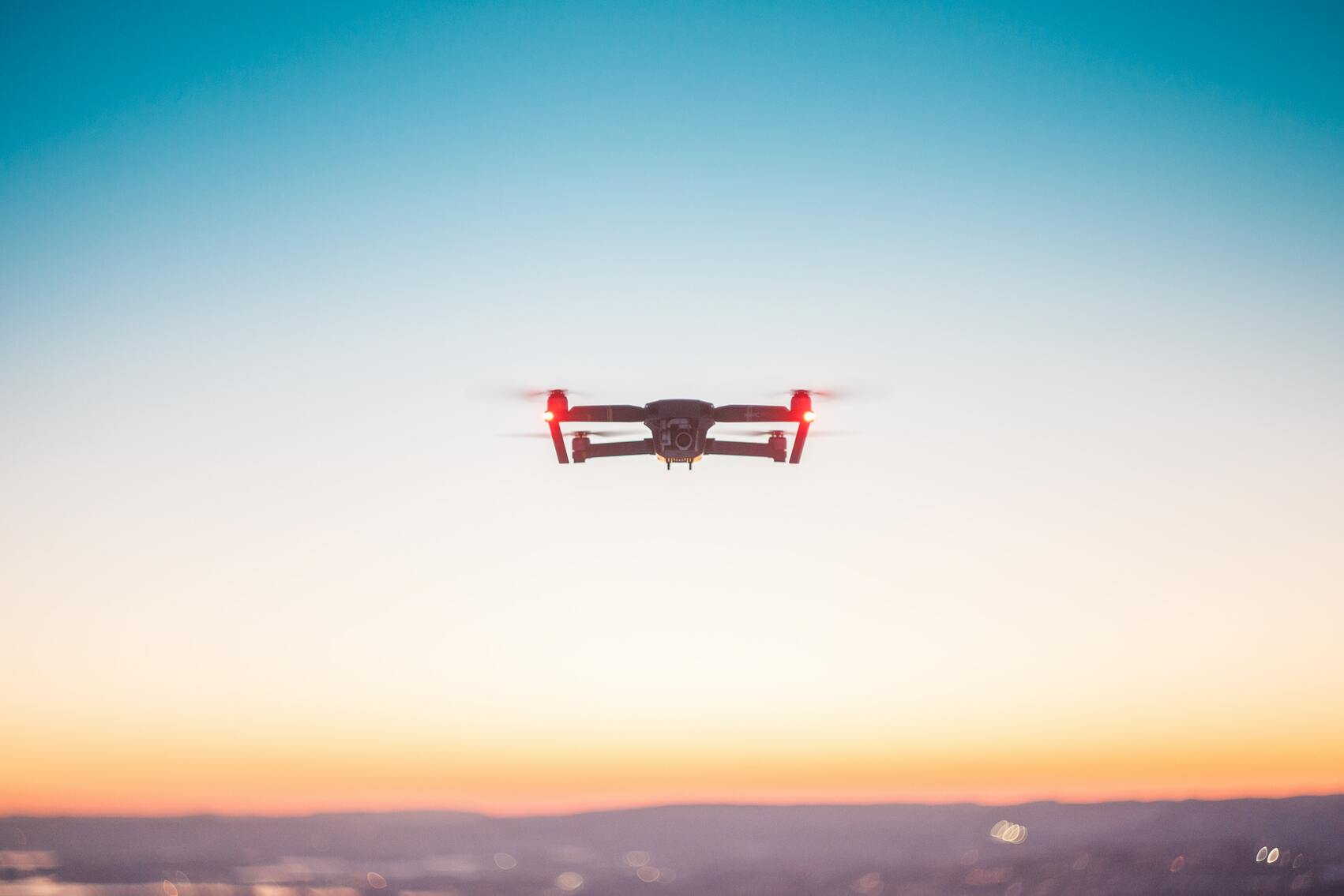
2. Versatility and Cost-Effectiveness: Drones offer unique advantages over traditional methods in terms of cost-effectiveness, efficiency, and access to remote or hazardous areas. This versatility has led many industries to adopt drones for various tasks, increasing the demand for skilled pilots who can navigate these unmanned vehicles to perform specific functions.
3. Efficiency and Productivity: Drones have proven to be highly efficient in collecting data, performing inspections, capturing aerial imagery, and conducting surveys. Compared to manual methods, drones can significantly reduce time and effort while providing accurate and comprehensive results. This efficiency has led to a growing demand for drone pilots who can harness the potential of this technology.
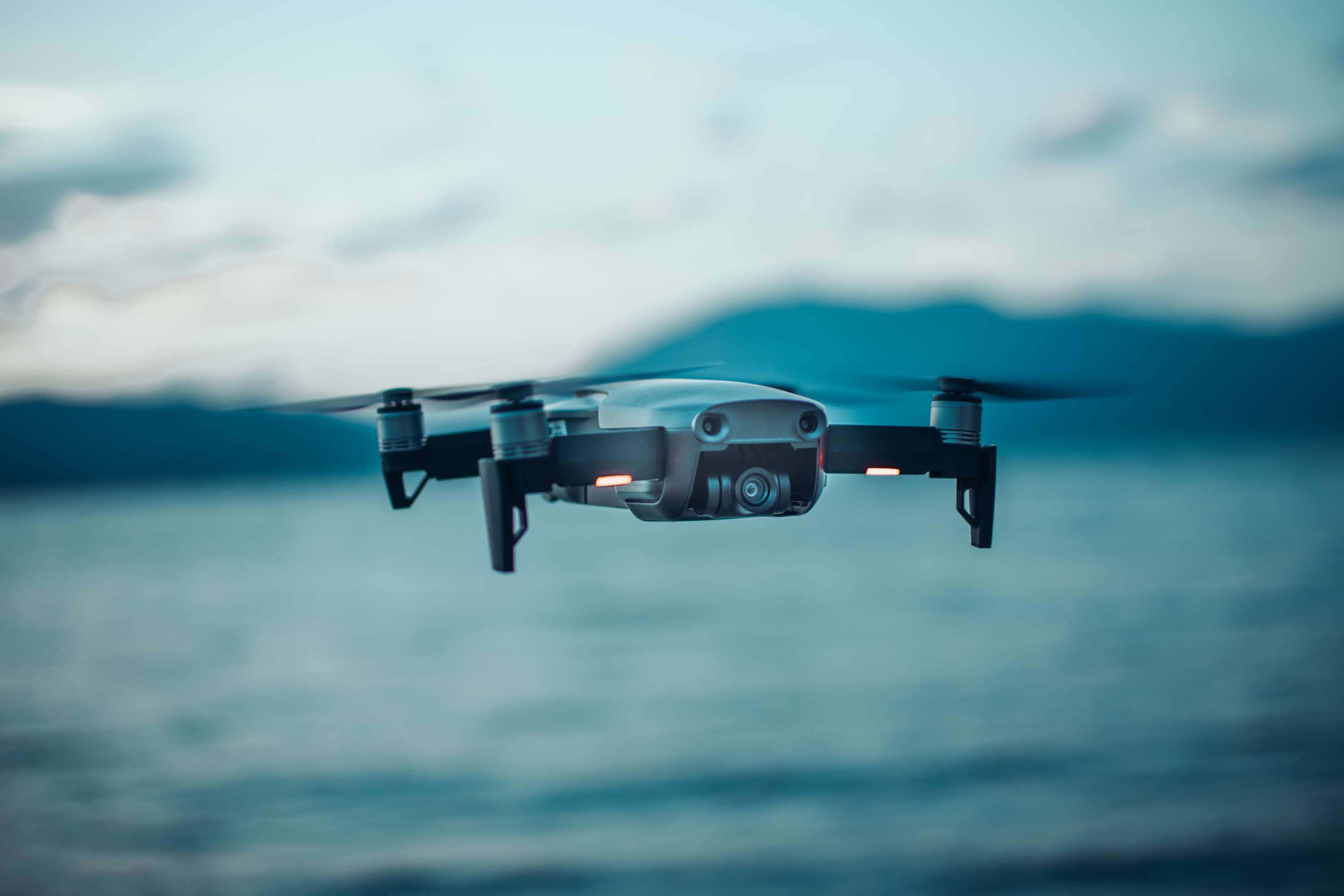
4. Safety and Risk Mitigation: Drones are increasingly being used for tasks that involve safety risks, such as infrastructure inspections, search and rescue operations, and monitoring hazardous environments. Employing drone pilots to carry out these tasks minimizes human risk and ensures safety while still accomplishing the objectives.
5. Regulatory Compliance: The growing regulatory framework surrounding drone operations has emphasized the need for licensed and certified drone pilots. Many countries require drone pilots to obtain specific certifications, such as the FAA's Part 107 Remote Pilot Certificate in the United States, to ensure safe and legal drone operations. This regulatory compliance further amplifies the demand for qualified drone pilots.
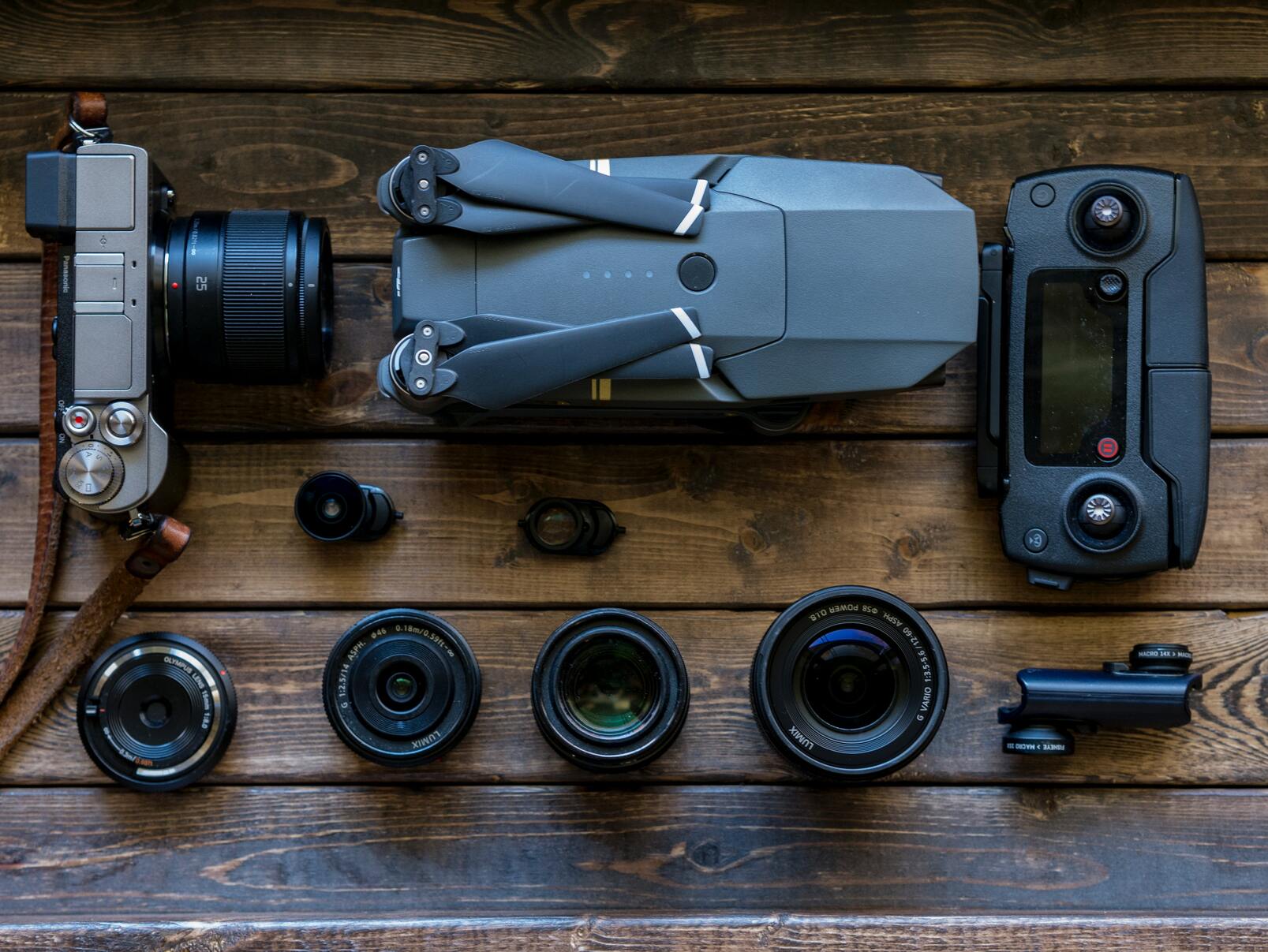
5. Regulatory Compliance: The growing regulatory framework surrounding drone operations has emphasized the need for licensed and certified drone pilots. Many countries require drone pilots to obtain specific certifications, such as the FAA's Part 107 Remote Pilot Certificate in the United States, to ensure safe and legal drone operations. This regulatory compliance further amplifies the demand for qualified drone pilots.
Considering these factors, the demand for drone pilots is expected to remain high in the foreseeable future. However, it's important to note that the demand may vary across industries and regions, depending on factors such as economic conditions, technological adoption rates, and regulatory environments. Staying up-to-date with industry trends and continuously improving skills and qualifications can help drone pilots capitalize on the opportunities available in this dynamic field.
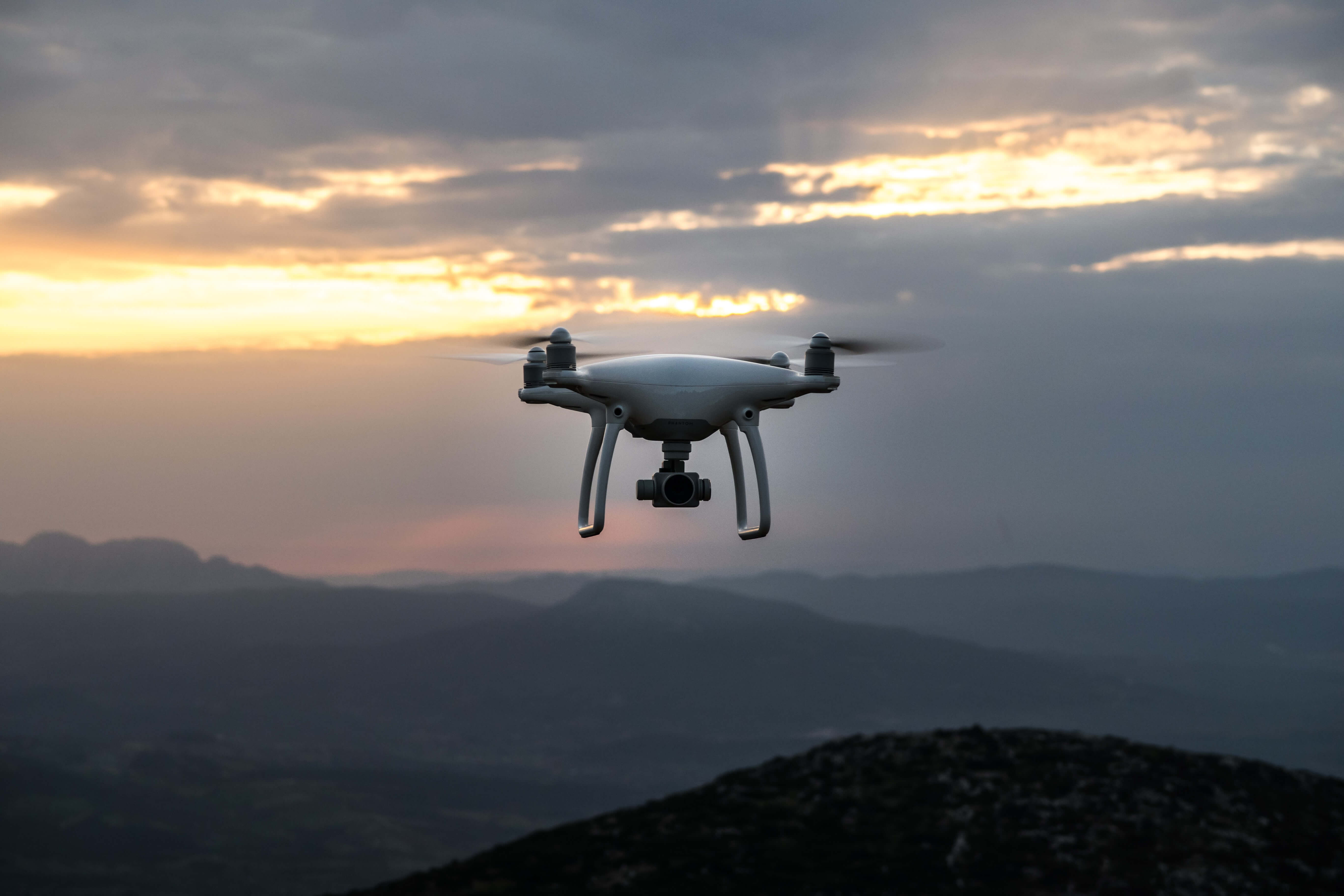
Can You Make Good Money Being A Drone Pilot ?
Yes, it is possible to make good money as a drone pilot, but the income potential can vary based on several factors. Here are some details about the earning potential of drone pilots:
1. Skillset and Expertise: Drone pilots with a high level of skill, expertise, and specialized knowledge in operating drones and specific applications can command higher rates. Developing advanced piloting techniques, gaining proficiency in advanced camera work or data analysis, and acquiring specialized certifications can increase your value in the market and lead to better earning opportunities.
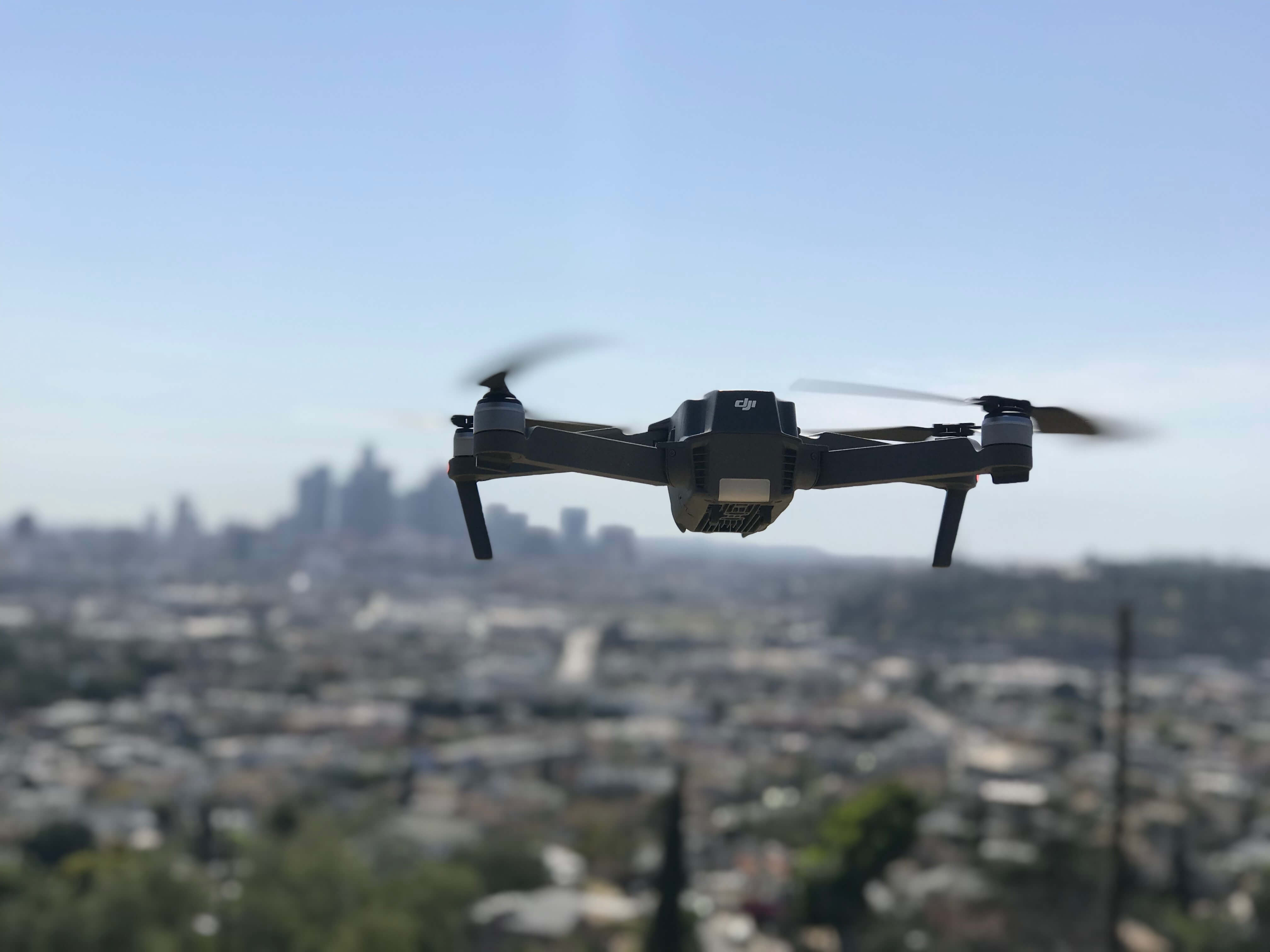
2. Industry and Applications: The industry and applications in which you work as a drone pilot can significantly impact your earning potential. Industries such as aerial photography, videography, surveying, and industrial inspections often pay higher rates due to the specialized skills and equipment required. Drone pilots involved in commercial projects, film production, or large-scale infrastructure inspections can potentially earn more due to the complexity and value of the work involved.
3. Freelancing and Entrepreneurship: As a freelance drone pilot or by starting your own drone service business, you have the potential to earn higher incomes. By marketing your services, building a strong client base, and offering a range of specialized services, you can negotiate higher rates and retain a larger portion of the earnings. However, it's important to consider the costs of equipment, insurance, marketing, and other business expenses when assessing potential earnings.
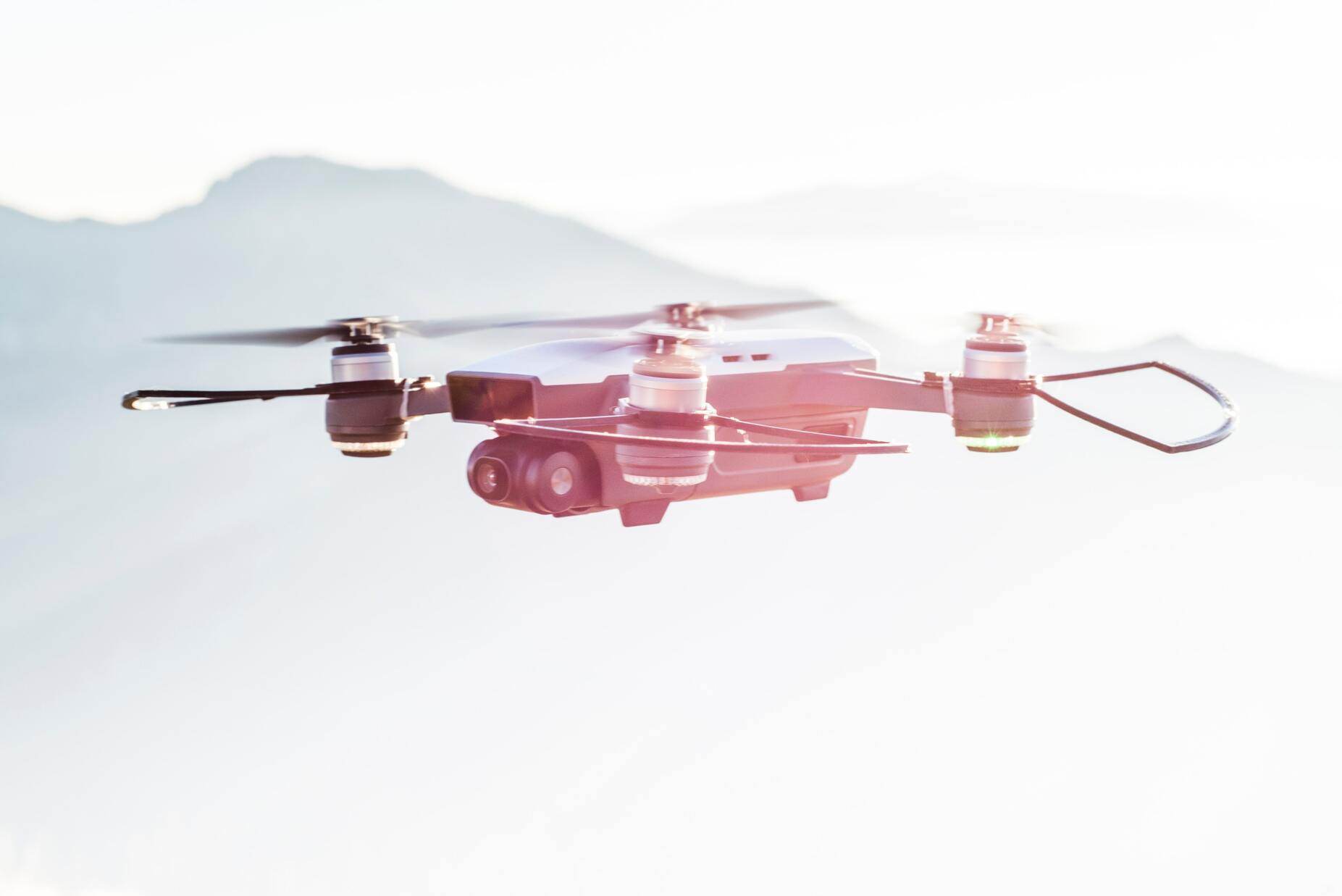
4. Location and Market Demand: The earning potential can vary based on your location and the demand for drone services in that area. In regions with a high demand for drone pilots and limited competition, you may have more opportunities to secure well-paying projects. Metropolitan areas or regions with a thriving film industry, construction projects, or booming real estate markets often offer higher earning potential.
5. Experience and Reputation: As you gain experience and establish a strong reputation in the industry, your earning potential can increase. Clients are often willing to pay more for experienced pilots with a proven track record of delivering high-quality work and meeting project requirements.
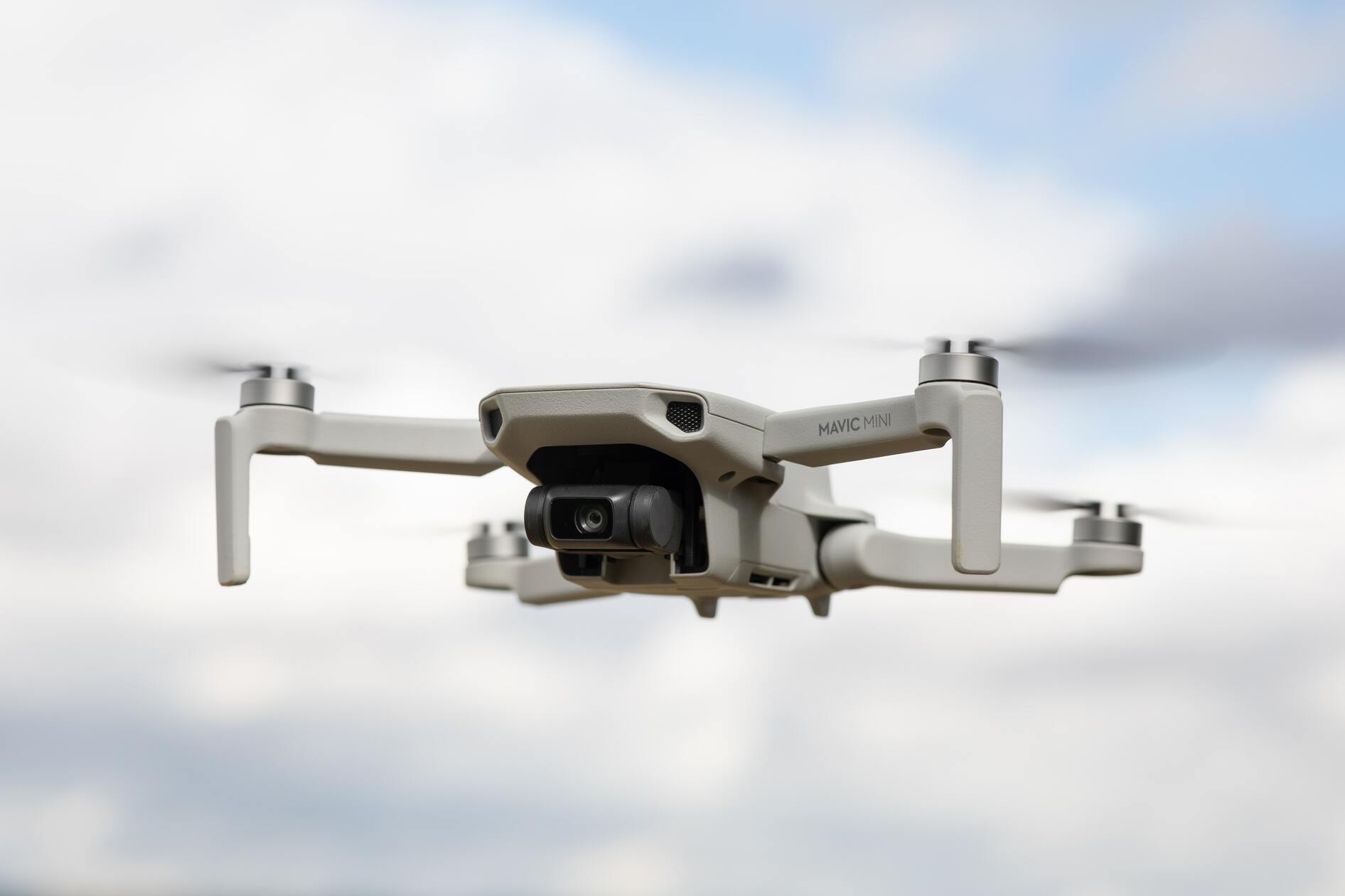
6. Additional Services and Skills: Offering additional services alongside drone piloting, such as video editing, data analysis, or 3D modeling, can broaden your revenue streams and increase your earning potential. By providing a comprehensive package of services, you can command higher rates and attract clients looking for a one-stop solution.
It's important to note that the income of a drone pilot can vary significantly depending on these factors, and there is no fixed salary range. Some drone pilots may earn a modest income while pursuing their passion, while others can achieve six-figure earnings by capitalizing on their skills, experience, and market demand.
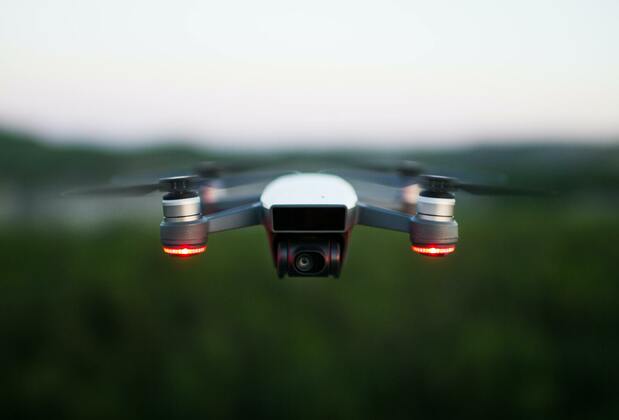
To assess your potential earnings as a drone pilot, it's advisable to research the local market, identify target industries, evaluate the competition, and set competitive rates based on your skills and the value you can provide to clients. Networking with professionals in the field, attending industry events, and staying updated with market trends can also help you understand the earning potential in your specific area of interest.
Is Drone Pilot School Hard ?
The difficulty level of drone pilot school can vary depending on various factors, including your prior knowledge and experience, the curriculum of the school or training program, and your ability to grasp technical concepts and practical skills. Here are some details about the factors that can influence the level of difficulty in drone pilot school:
1. Prior Knowledge and Experience: If you have a background in aviation, remote-controlled aircraft, or other related fields, you may find certain aspects of drone pilot school easier to understand. Familiarity with aviation regulations, flight principles, and basic piloting skills can provide a foundation that makes the learning process smoother. However, many drone pilot schools cater to beginners, assuming no prior knowledge, and provide comprehensive training from the basics.
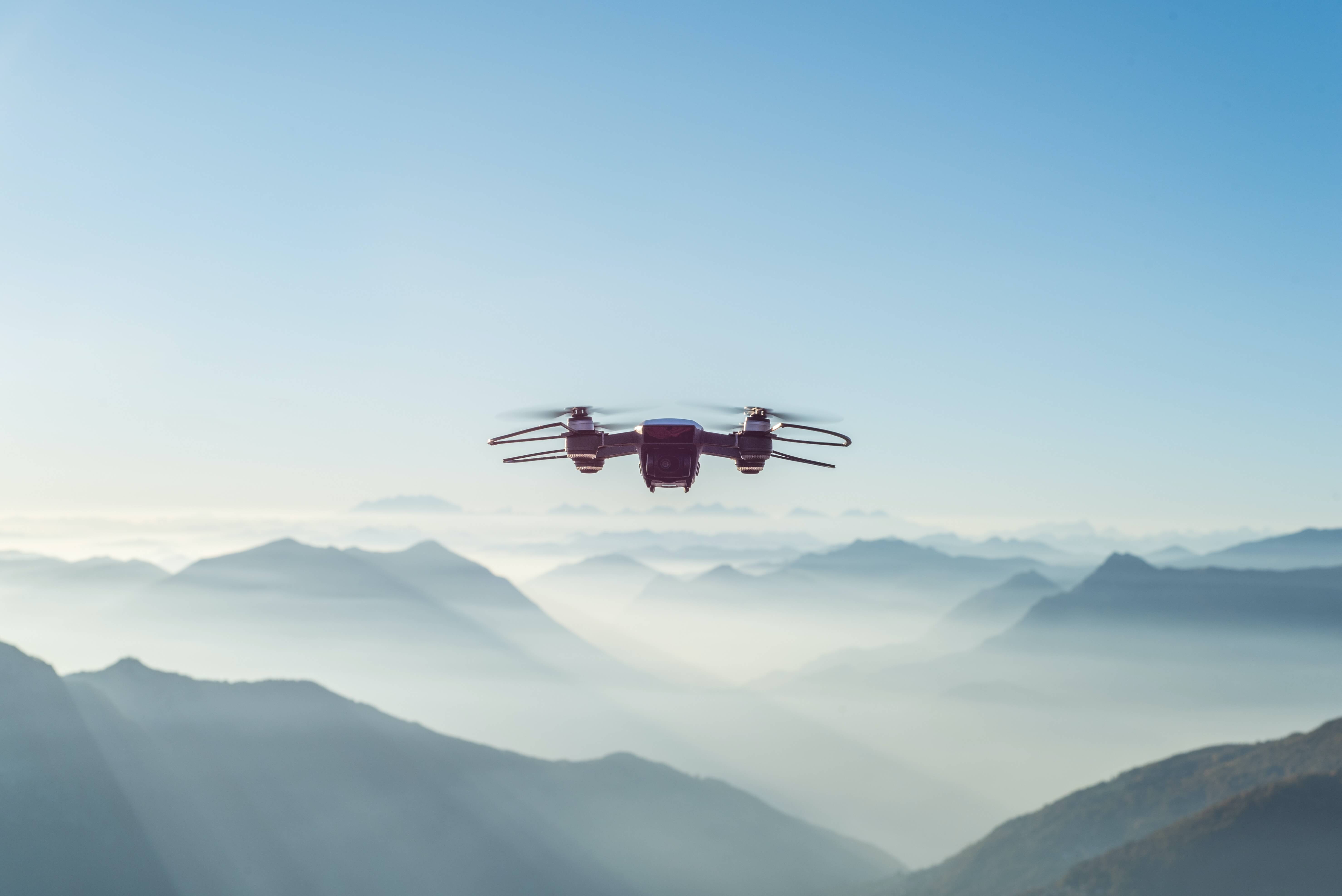
2. Regulations and Laws: Drone pilot schools typically cover regulations and laws governing drone operations, which can include topics such as airspace restrictions, flight restrictions, and obtaining the necessary certifications or licenses. Understanding and complying with these regulations can be challenging, as they often involve complex legal terminology and evolving requirements. However, reputable drone pilot schools focus on providing thorough instruction and resources to ensure students have a strong understanding of the regulations.
3. Flight Training: Practical flight training is a crucial component of drone pilot school. Learning to control a drone safely and effectively requires hands-on experience. Initially, it can be challenging to master flight maneuvers, coordinate controls, and maintain situational awareness. However, with practice and guidance from experienced instructors, these skills can be developed over time.
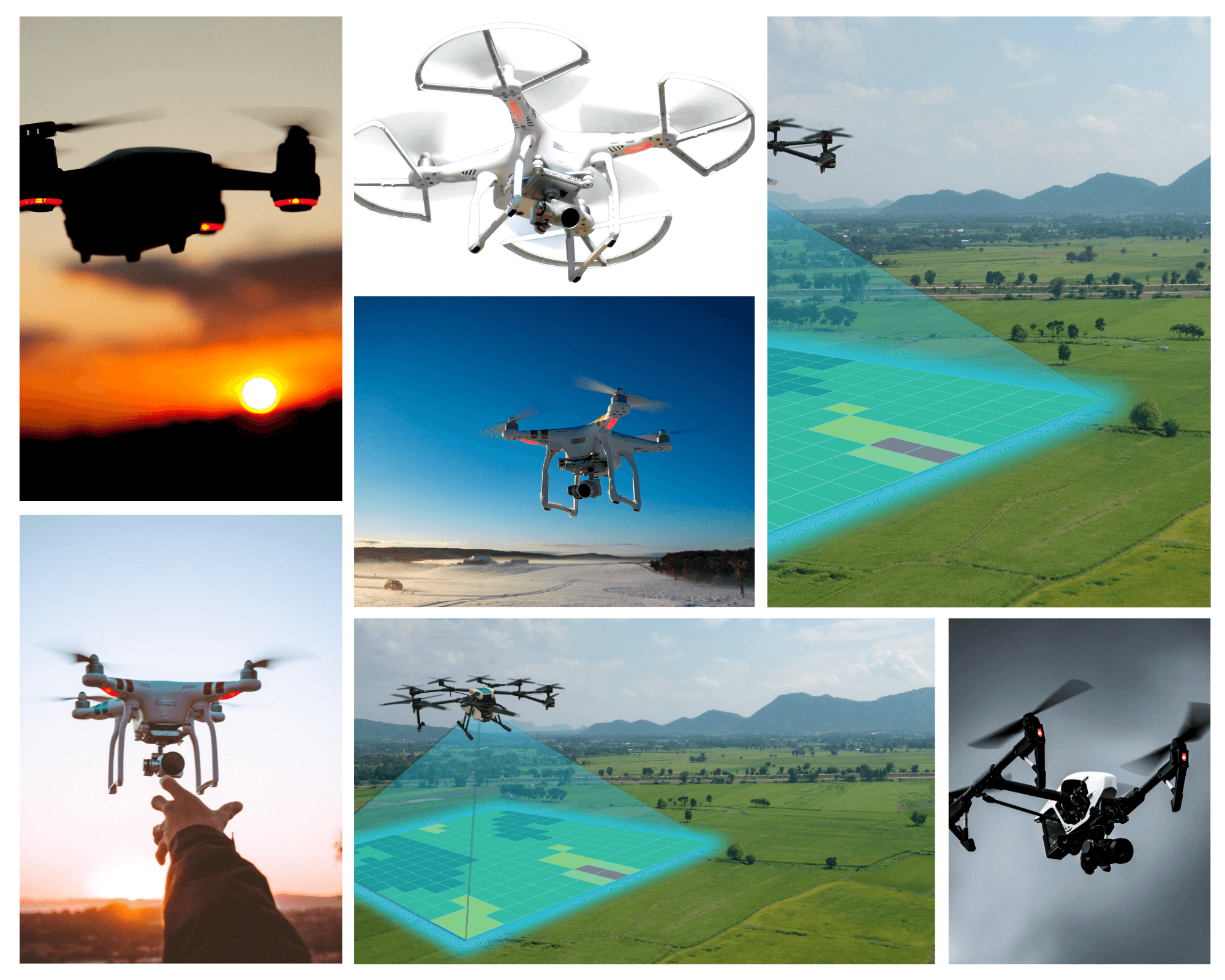
4. Technical Concepts: Drone pilot schools cover technical concepts related to drones, such as aerodynamics, sensors, camera systems, flight control systems, and software. Some individuals may find these technical aspects challenging, especially if they are new to the field. However, the curriculum of drone pilot schools is designed to break down complex concepts into digestible modules, providing step-by-step guidance and practical examples to enhance understanding.
5. Written Exams: Many drone pilot schools require students to pass written exams to demonstrate their knowledge of regulations, flight principles, safety procedures, and other relevant topics. These exams typically involve multiple-choice questions or scenario-based assessments. While studying for and passing these exams may require focused effort and dedication, the material covered in the exams is typically provided in the training curriculum, and students have ample preparation time.
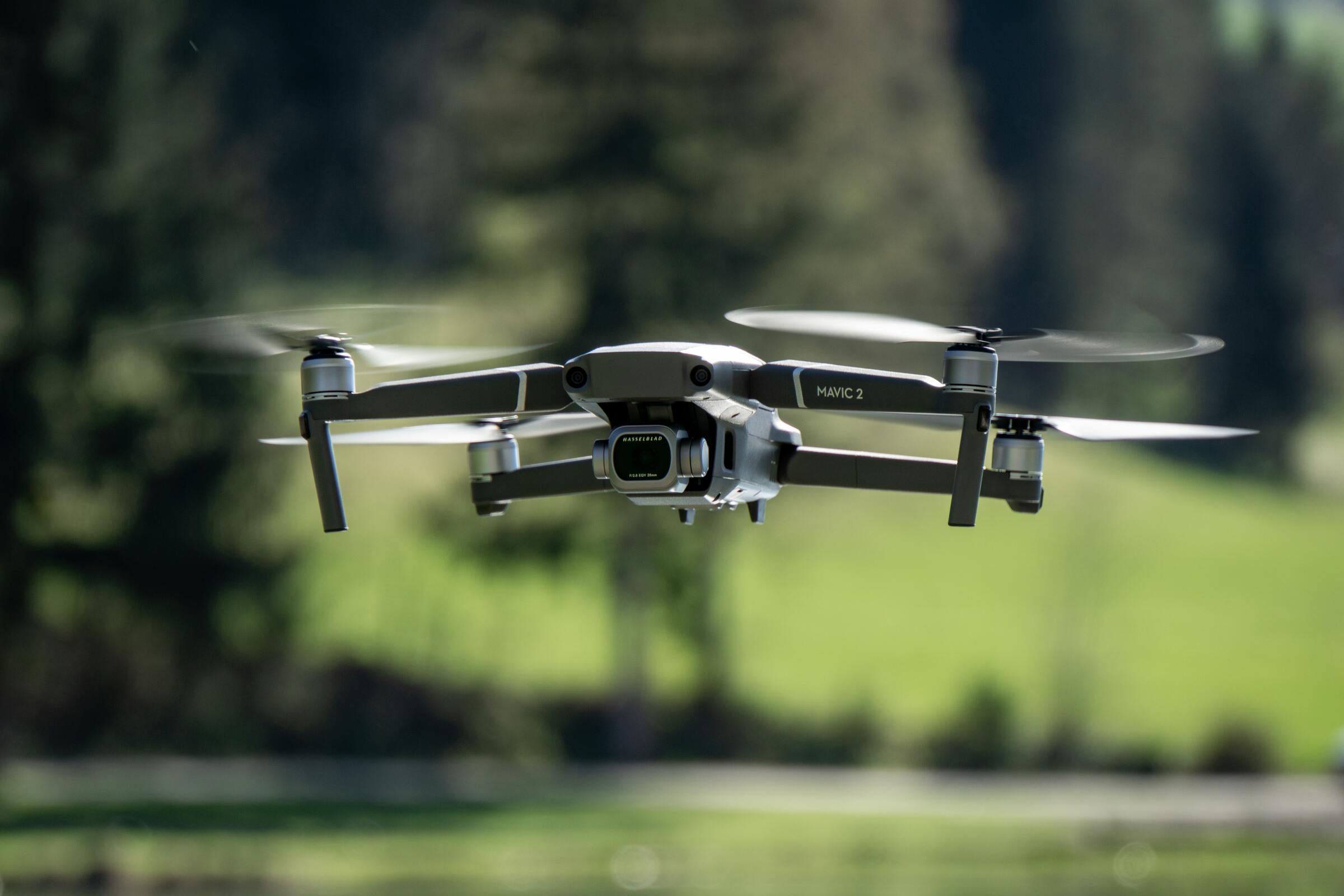
The level of difficulty in drone pilot school can vary from person to person. Some individuals may find certain aspects challenging, while others may grasp the concepts more easily. The key to success lies in actively participating in the training, seeking clarification when needed, and dedicating sufficient time and effort to both theoretical and practical learning.
Reputable drone pilot schools often provide comprehensive training materials, experienced instructors, and practical flight opportunities to help students overcome challenges and succeed in their drone piloting journey. Choosing a well-established and accredited drone pilot school can contribute to a positive learning experience and increase your chances of mastering the required skills.

How Long Is Drone Pilot School ?
The duration of drone pilot school can vary depending on the specific training program or course you choose. The length of the program can range from a few days to several weeks or even months. Here are some factors that can influence the duration of drone pilot school:
1. Intensity and Scope of Training: Drone pilot schools offer a range of training programs with varying levels of intensity and scope. Some programs may provide a basic overview of drone operations and regulations, while others offer more comprehensive training that includes practical flight training, advanced piloting techniques, and specialized applications. The more comprehensive the program, the longer it may take to complete.
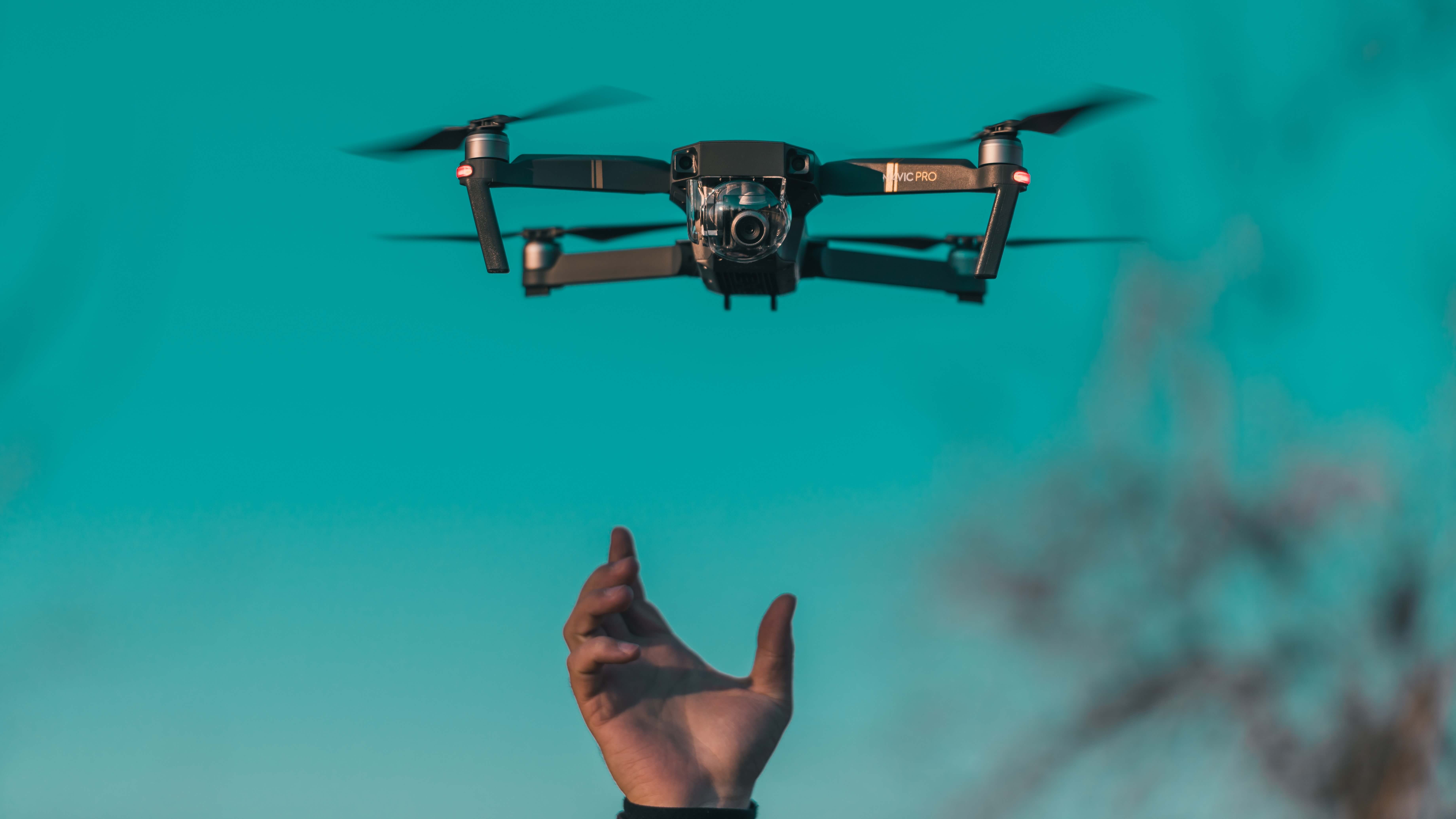
2. Certification Requirements: The duration of drone pilot school can also depend on the certification or license you are aiming to obtain. For example, if you are pursuing the Federal Aviation Administration (FAA) Part 107 Remote Pilot Certificate in the United States, the training program typically covers the knowledge areas required for the certification exam. The duration of the program can vary based on the depth of the curriculum and the pace at which you complete the coursework.
3. Training Format: Drone pilot schools offer various training formats, including in-person classroom-based training, online courses, or a combination of both. The duration of the program can be influenced by the format you choose. In-person programs often have fixed schedules and timelines, while online courses may provide more flexibility in terms of self-paced learning.
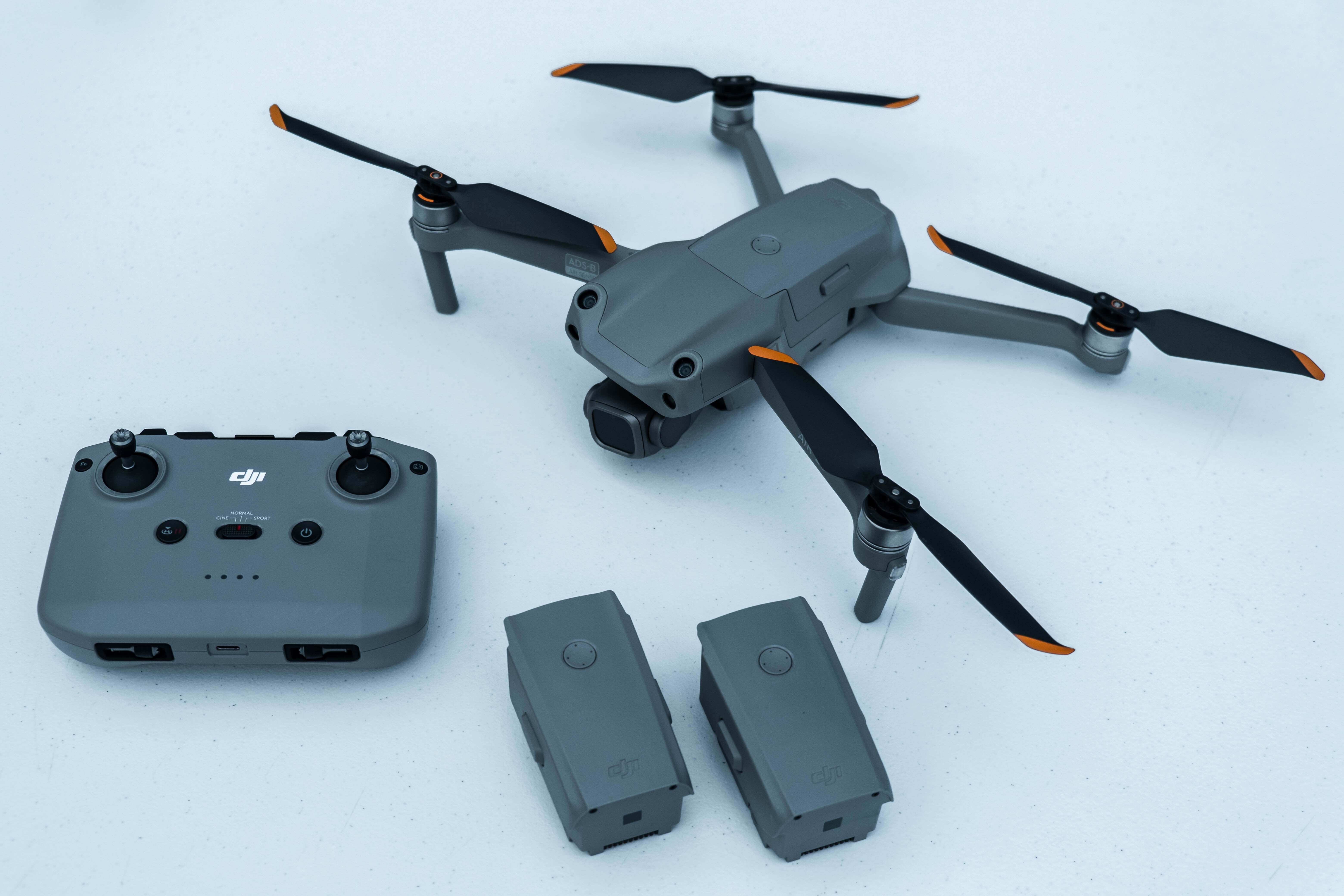
4. Prior Experience: Your prior knowledge and experience in aviation or remote-controlled aircraft can impact the duration of drone pilot school. If you already possess relevant knowledge or skills, you may be able to complete the training program more quickly. However, it's important to note that even with prior experience, it's crucial to undergo training specific to drones, as they have unique characteristics and operating requirements.
On average, a comprehensive drone pilot training program can range from a few weeks to a couple of months. Shorter programs that focus primarily on preparing you for the certification exam may last a few days to a week. However, the duration can vary significantly based on the factors mentioned above.
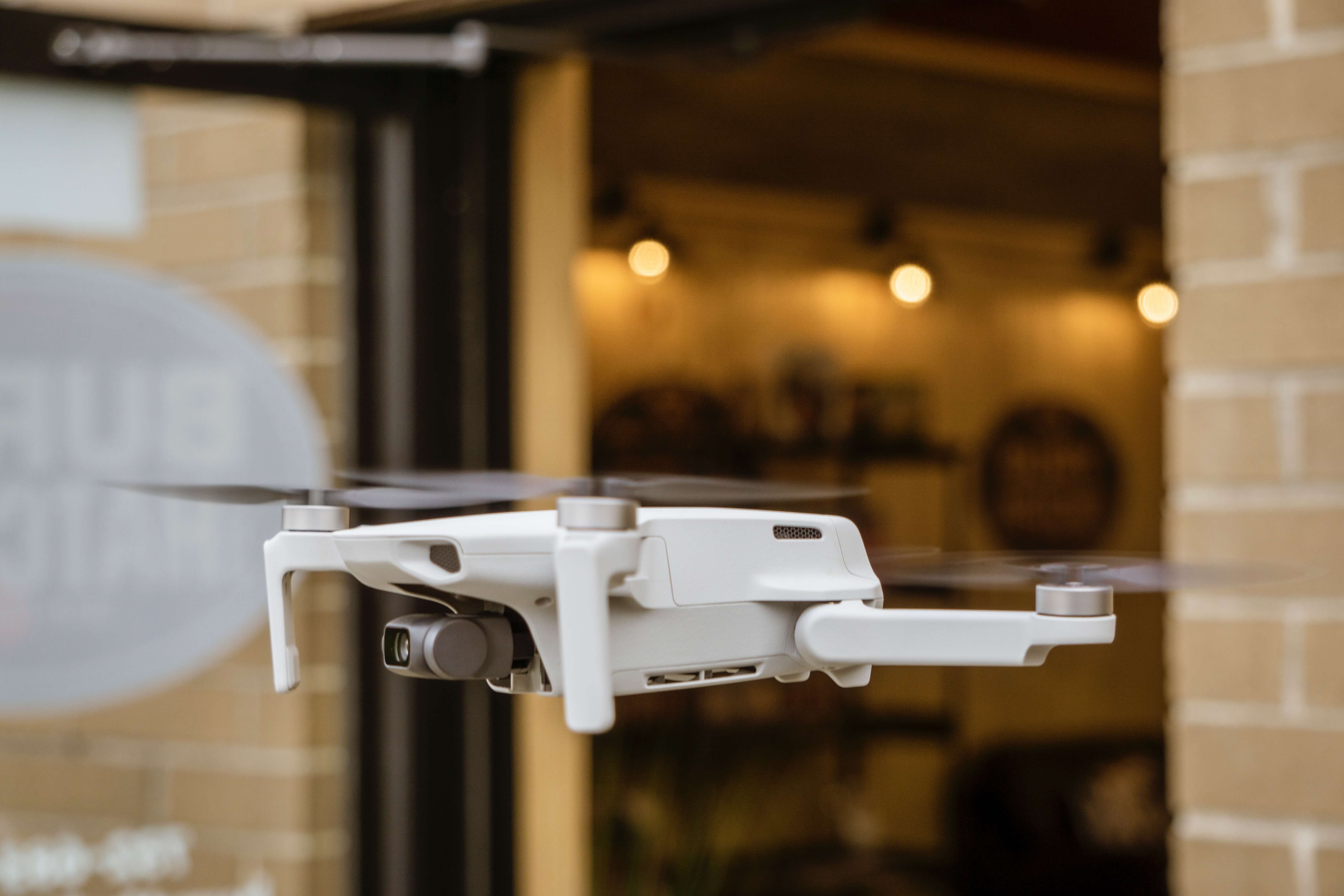
When choosing a drone pilot school, it's essential to consider the quality and content of the training program rather than just the duration. Look for reputable schools that offer comprehensive instruction, hands-on flight training, and a curriculum that aligns with your goals and industry requirements.
What Is The Highest Paid Drone Pilot ?
The highest paid drone pilots are often those who have developed a combination of specialized skills, experience, and expertise in specific industries or applications. Here are some examples of industries and roles where drone pilots can command higher salaries:
1. Film and Media Industry: Drone pilots who work in the film and media industry, particularly in cinematography, can earn high salaries. These pilots operate drones to capture cinematic aerial footage for movies, television shows, commercials, and documentaries. The demand for skilled drone pilots with creative vision and technical proficiency in capturing stunning aerial shots can lead to lucrative opportunities.
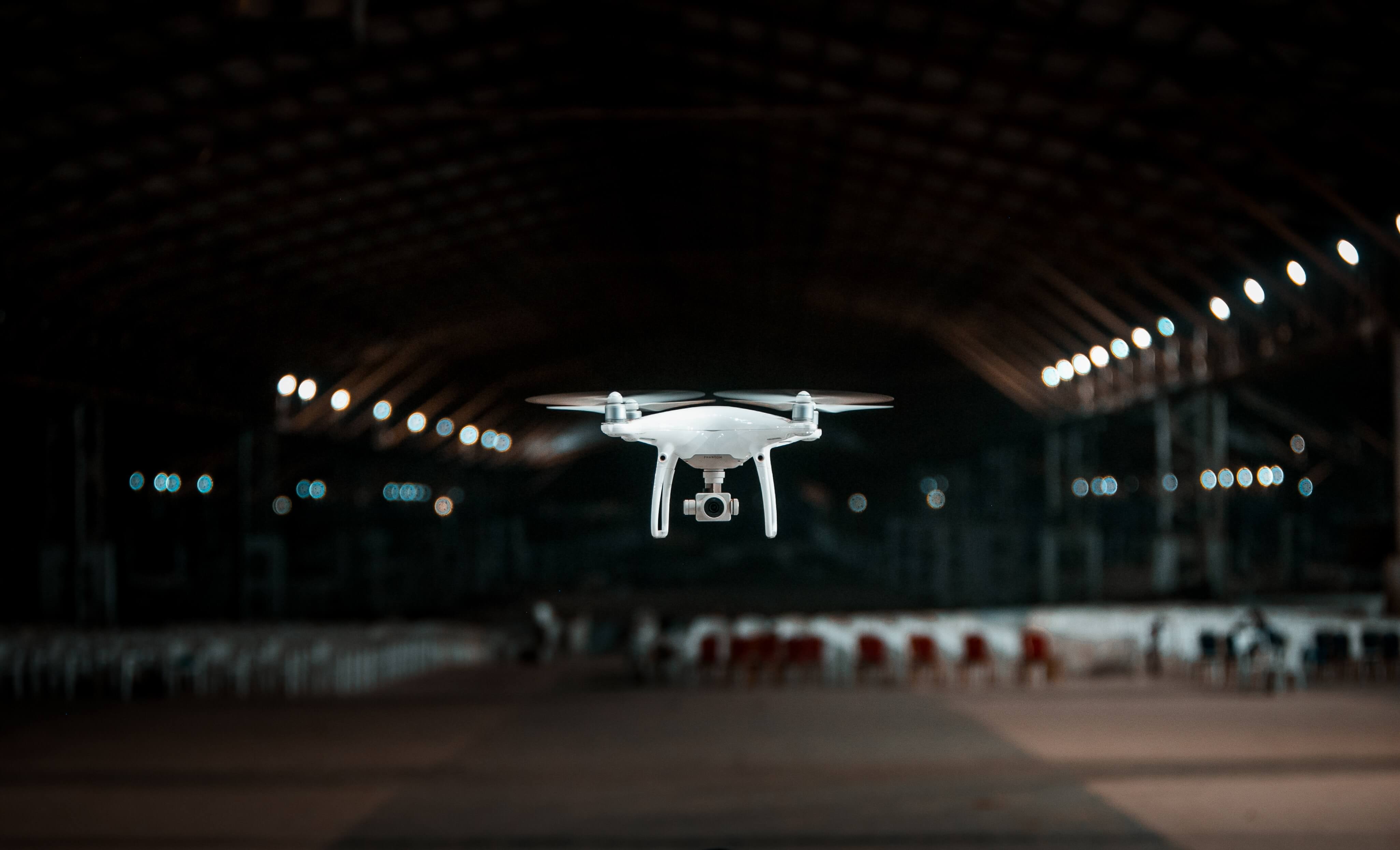
2. Industrial Inspections: Drone pilots involved in industrial inspections, such as inspecting power lines, pipelines, or offshore platforms, can earn higher salaries due to the specialized nature of the work. These pilots often work in sectors where safety and maintenance are paramount. By using drones to conduct inspections and gather visual data, they help identify potential issues and reduce downtime, saving companies significant costs.
3. Oil and Gas Industry: Drone pilots in the oil and gas industry, specifically those involved in aerial inspections of oil rigs, refineries, or other infrastructure, can command higher salaries. These pilots often work in challenging environments and need to adhere to strict safety protocols. Their expertise in conducting inspections in remote or hazardous locations makes them valuable assets in the industry.
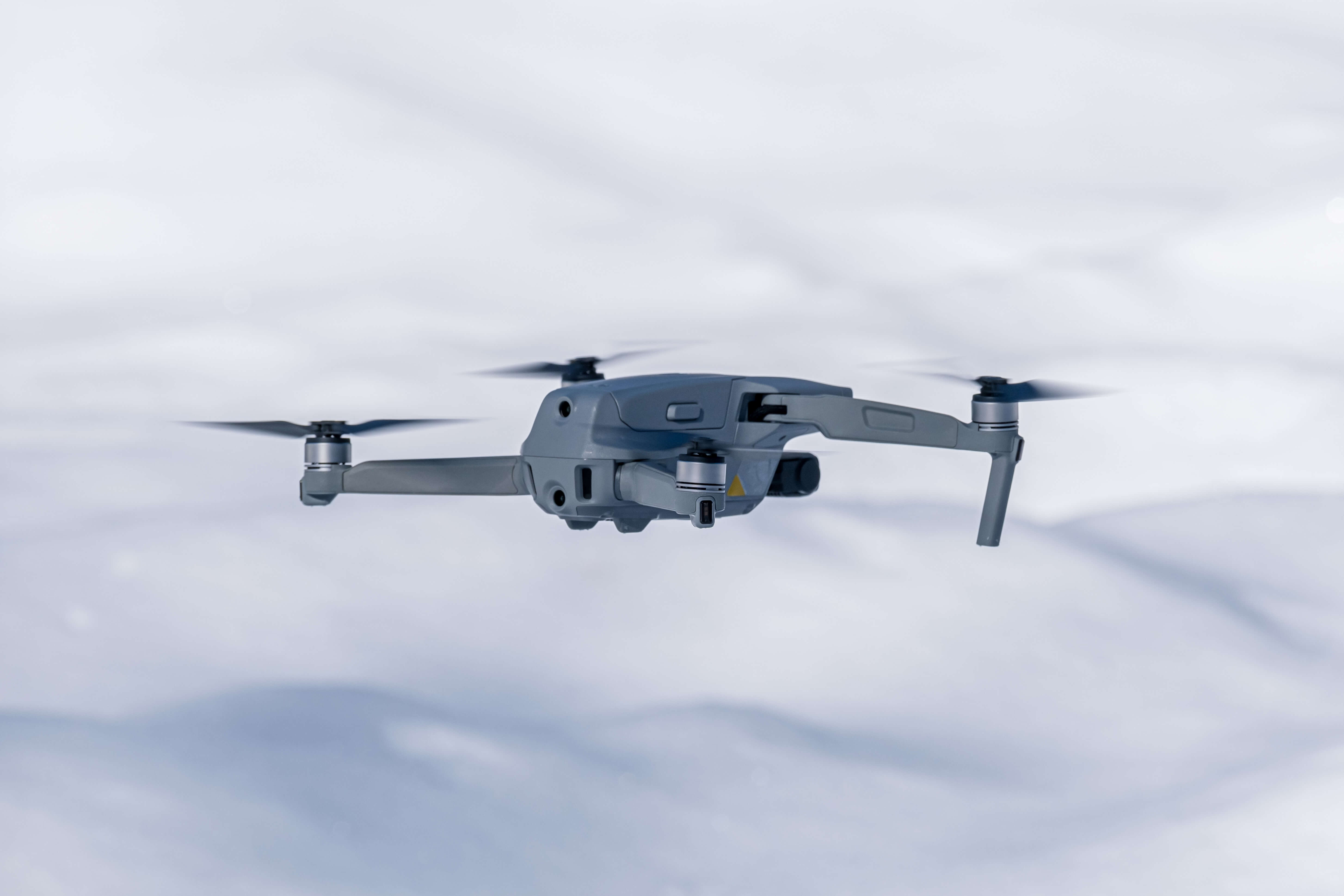
4. Emergency Services and Public Safety: Drone pilots who work with emergency services, including search and rescue teams, fire departments, or law enforcement agencies, can earn competitive salaries. Their ability to deploy drones for aerial surveillance, situational awareness, and assessing disaster-affected areas helps in efficient and effective emergency response.
5. Construction and Engineering: Drone pilots who specialize in construction and engineering projects can earn higher salaries due to their ability to provide valuable data for project planning, progress monitoring, and site analysis. By capturing aerial imagery and creating 3D models of construction sites, these pilots help improve efficiency, safety, and cost-effectiveness in the industry.
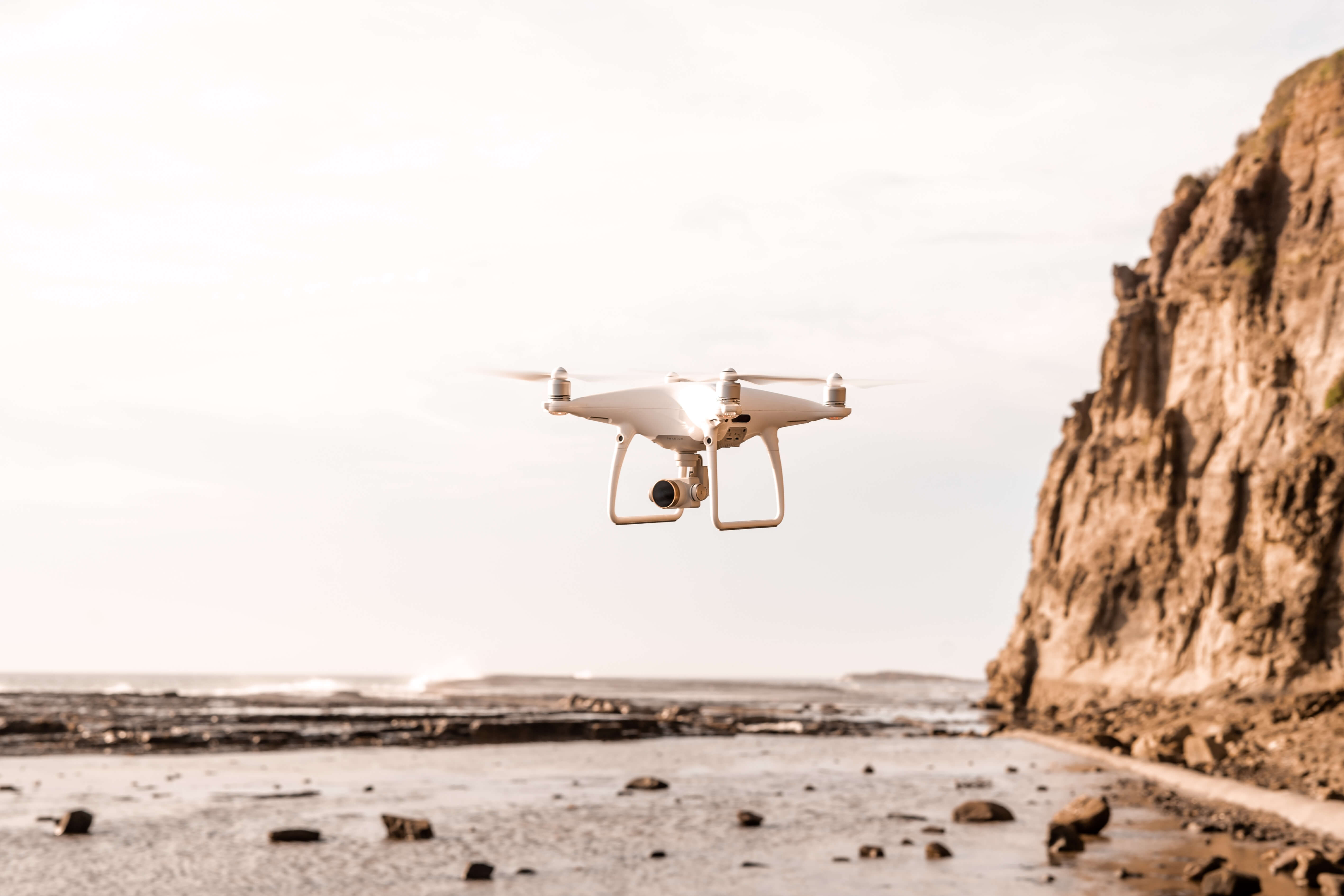
6. Research and Development: Drone pilots involved in research and development projects, such as testing new drone technologies, sensor integration, or developing autonomous systems, may have access to higher-paying positions. These roles often require advanced technical skills, innovation, and the ability to contribute to cutting-edge advancements in the field.
It's important to note that the highest paid drone pilots often combine their piloting skills with additional expertise, such as advanced data analysis, software development, or specialized knowledge in a specific field. By diversifying their skillset and continuously learning and adapting to emerging technologies, drone pilots can position themselves for higher-paying opportunities in the industry.
The exact salaries for these roles can vary depending on factors such as location, industry demand, project complexity, and the pilot's reputation and experience. It's advisable to research local market conditions, industry trends, and network with professionals already working in the field to gain a more accurate understanding of the highest paying opportunities available.
For more information click Drones In Wildfire